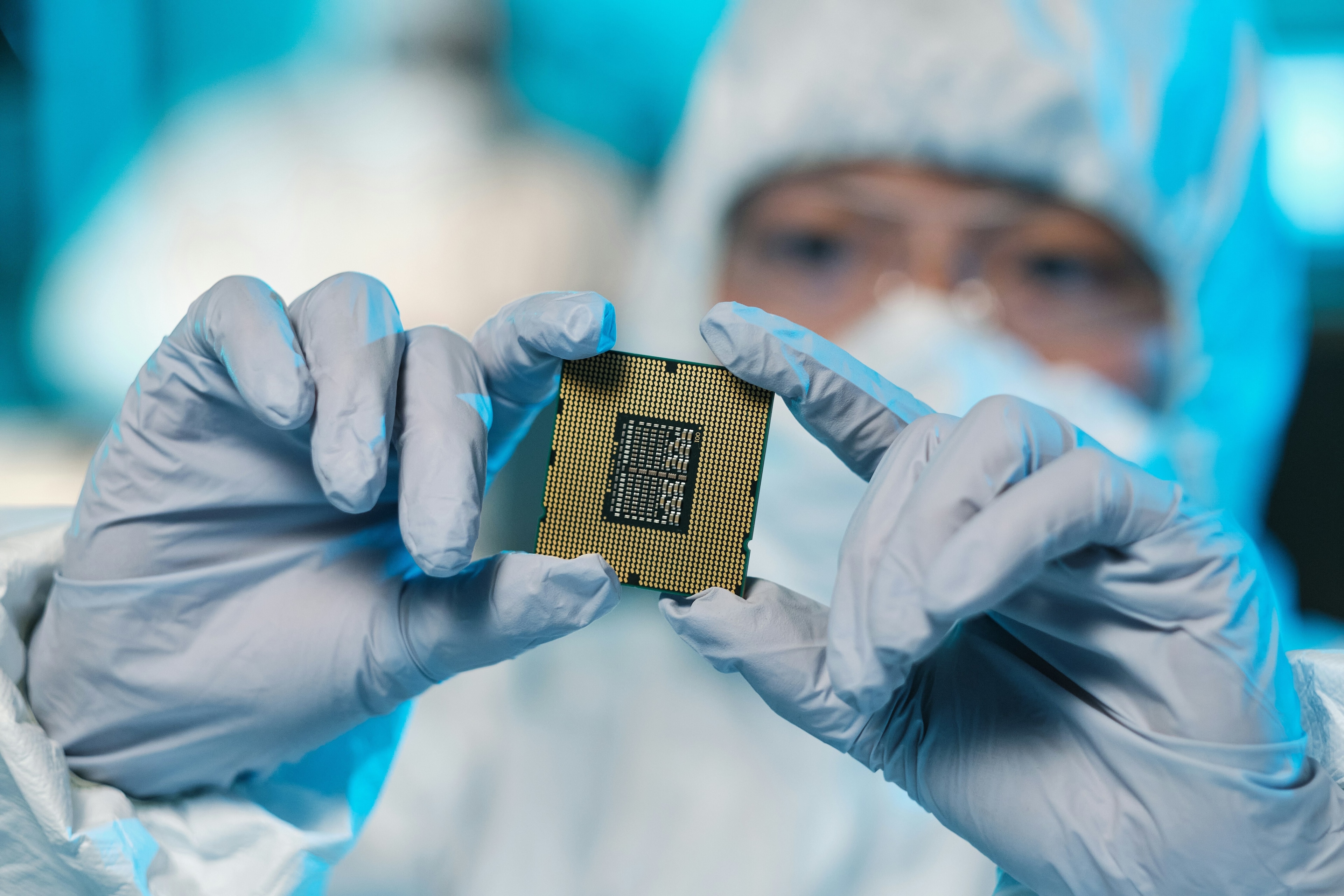Google has plans for a delivery drone that talks to you

A patent awarded to Google outlines how the company's delivery drones could work.
Image: REUTERS/Fabrizio Bensch
Stay up to date:
Innovation
In the near future, our skies may be full of drones buzzing around, delivering us our take-out dinners, and shopping orders. But considering how many of us live in densely settled areas and don’t have the lawn space that Amazon envisions us having to receive our drone-delivered goods, how are we going to get these packages? Google has a few ideas.
In a patent awarded to Google April 25, the company outlines a method for delivering packages to consumers with drones. Essentially, a self-flying drone could mitigate all the uncertainties of trying to land, deliver packages, and take off again, by hovering above its delivery target, and slowly lowering packages through a tether. The drone would have sensors onboard that would enable it to tell when the package has touched down, and it could detach and retract the tether cable. It could then buzz off, back to base to recharge and pick up another package.

But what’s most interesting in the patent is how Google envisions us humans interacting with these bots. Rather like those talking car alarms of questionable utility, Google’s patent suggests that its drones would call out to bystanders—perhaps the person waiting for the package, or pedestrians in the area—telling them to watch out. “Caution: Stay back,” the drone might say, until it’s dropped off its cargo, at which point it will let everyone know, with a cheery message: “Delivery complete.”

The drones would also have warning lights that change colors (from red and yellow to green) to let you know that it’s safe to retrieve your package from underneath the hovering drone. To some degree, this sounds like the dystopian future envisioned in 1980s sci-fi films, where soulless robots blurt out matter-of-fact commands for us humans to follow—it’s not too hard to see how this could lead to robots that want to play war games with us, or police enforcement robots that overstep their bounds. Thankfully, for now, this is just a patent. There’s no guarantee that Google, or its parent company Alphabet, will develop this sort of technology. A Google representative told Quartz that it holds patents on many ideas, and not all of them mature into products or services.

But Google—among others, including Amazon and Walmart—has been working on drone delivery systems for years. Dave Vos, Alphabet’s head of Project Wing—the company’s drone delivery research division—said in November that the company plans to have a commercial drone delivery program up and running by 2017. This patent could outline one of the ways that it’ll go about delivering packages. Although that’s assuming, in the US at least, that the Federal Aviation Administration solidifies its regulations on commercial drone delivery, and whether it’ll be legal to fly autonomous drones. And the timeline on that is uncertain.
Google also has patents for self-driving delivery trucks, and already has a human-operated delivery service called Google Express. Perhaps, as Alphabet struggles to diversify its revenue streams beyond advertising, Google has found something it could be: The UPS for the robot age.
Don't miss any update on this topic
Create a free account and access your personalized content collection with our latest publications and analyses.
License and Republishing
World Economic Forum articles may be republished in accordance with the Creative Commons Attribution-NonCommercial-NoDerivatives 4.0 International Public License, and in accordance with our Terms of Use.
The views expressed in this article are those of the author alone and not the World Economic Forum.
Forum Stories newsletter
Bringing you weekly curated insights and analysis on the global issues that matter.
More on Fourth Industrial RevolutionSee all
Spencer Feingold
August 18, 2025
Jon Jacobson
August 14, 2025


